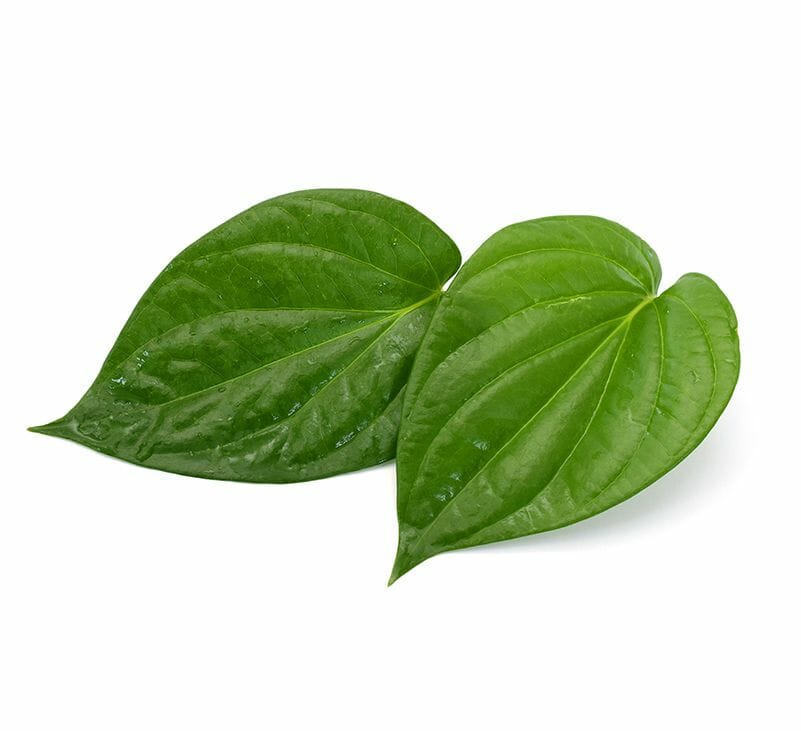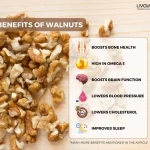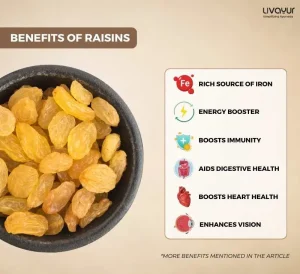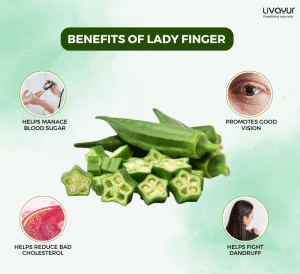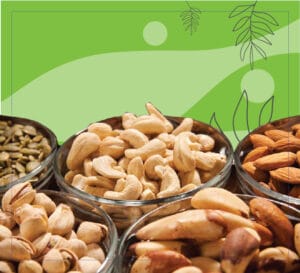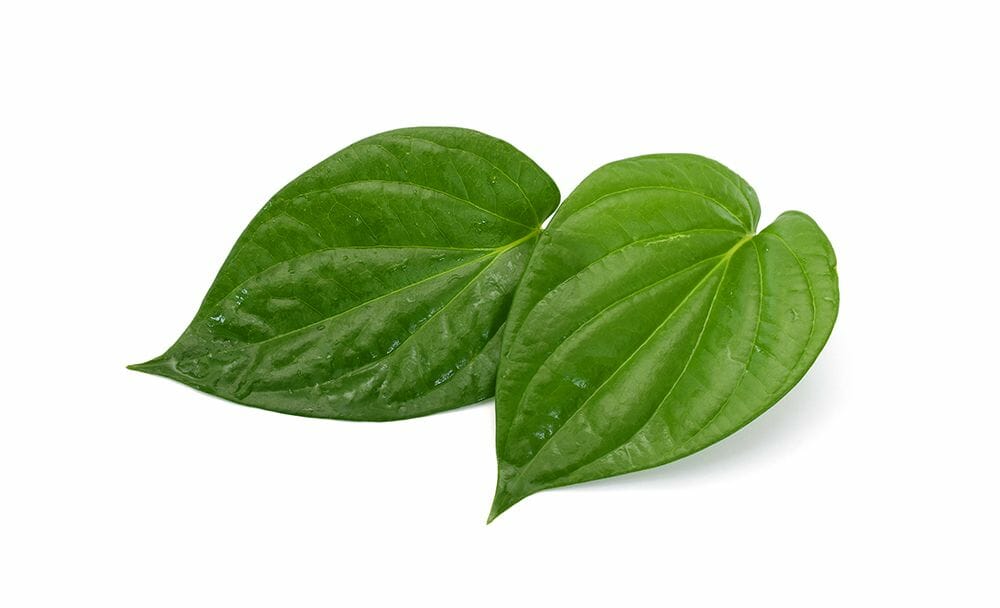
Betel leaf is a staple in traditional medicine and cultural practices in various parts of the world. It has thus garnered attention for its health benefits. Often used as a natural remedy, this green, heart-shaped leaf offers plenty of therapeutic properties. These have intrigued researchers and health enthusiasts.
However, like many natural remedies, exploring both sides of the coin is essential. This article delves into the 15 excellent betel leaf health benefits. We also shed light on its potential side effects. A comprehensive understanding of betel leaf nutrients will help you make an informed choice. So, let’s unravel the secrets of betel leaf and its impact on human wellbeing.
What is a betel leaf?
Betel leaf is scientifically known as Piper betle. It is a versatile and aromatic leaf with a rich cultural history dating back centuries. Native to South and Southeast Asia, this heart-shaped leaf comes from a climbing vine belonging to the Piperaceae family. In various regions, betel leaf along with betel nuts hold great significance.
It finds use in traditional practices, social gatherings, and religious ceremonies. Its distinct flavor and fragrance have made it a popular choice for wrapping various ingredients. Some common examples include areca nuts, slaked lime, and other condiments. Together, these create what is commonly known as a “betel quid.”
Fifteen health benefits of betel leaf?
15 Betel Leaf Health Benefits
Let’s delve into the 15 incredible ways betel leaf positively impacts our wellbeing.
- Detoxification properties
Betel leaf nutrients contain active compounds that aid in detoxifying the body, eliminating harmful substances and promoting overall health. [1]
- Antioxidation properties
With its abundance of antioxidants, betel leaves juice benefits include neutralizing free radicals. It reduces oxidative stress and potential cell damage. [1]
- Anti Mutation properties
Ayurveda mentions many betel leaves juice benefits. Research suggests that betel leaf’s bioactive components may help prevent mutations in DNA. It provides a protective effect against diseases. [1]
- Plays a role in oral hygiene
The antimicrobial properties of betel leaf make it an excellent natural choice for improving oral hygiene. It combats bad breath and prevents gum diseases. [1]
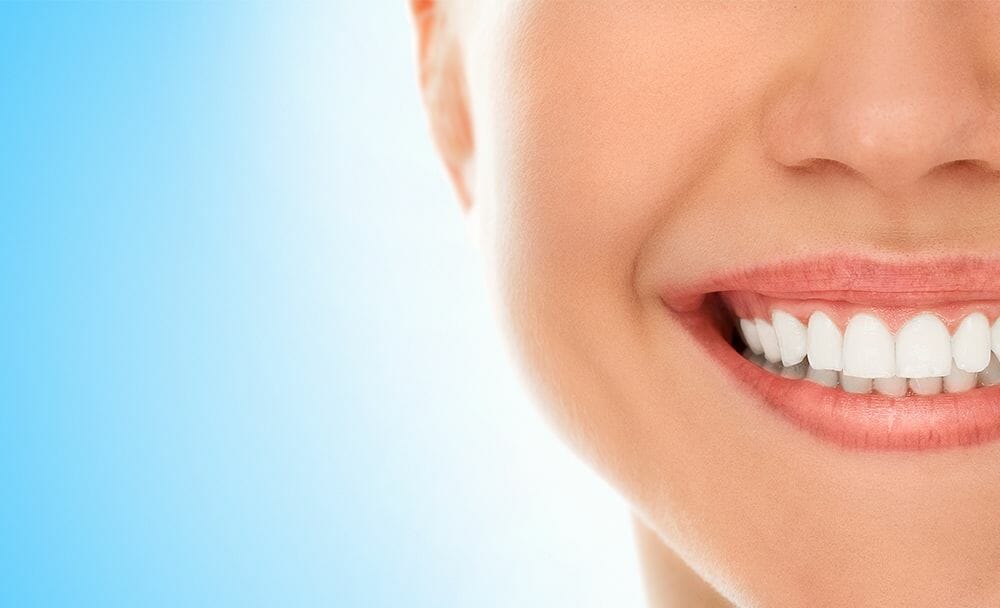
- Anti-diabetic properties
One of the many betel leaves juice benefits is its ability to help regulate blood sugar levels. It is potentially beneficial for individuals dealing with diabetes. [1]
- Cardiovascular properties
Regular consumption of betel leaf can help with improved heart health. It may help reduce blood pressure and cholesterol. [1]
- Anti-inflammatory properties
Betel leaf health benefits are immense. Betel leaf’s anti-inflammatory attributes can help reduce inflammation and manage related conditions. [1]
- Immunomodulatory properties
The leaf’s immunomodulatory effects may assist in enhancing the body’s immune response. It provides better protection against infections. [1]
- Anti-ulcer properties
Betel leaf has been traditionally used to alleviate ulcers and offer soothing effects. [1]
- Hepato-protective
Betel leaves juice benefits are many. Research indicates that betel leaf could have a protective effect on the liver. It can promote health and functioning. [1]
- Anti-infective
The antimicrobial nature of betel leaf makes it a valuable natural remedy for combating various infections, both internally and externally. [1]
- Used as a stimulant
Chewing betel quids is a cultural practice. However, it also acts as a mild stimulant, providing a sense of alertness and energy. [1]
- An antiseptic
Betel leaf’s antiseptic properties make it a practical choice for cleaning wounds and promoting faster healing. [1]
- Breath-freshener
The aromatic properties of betel leaf are a natural breath freshener. It combats bad breath and leaves a pleasant scent. [1]
- Chemopreventive effect
One of the many betel leaf health benefits is its ability to reduce cancer risks. Betel leaf may have potential chemopreventive properties. It can reduce the risk of certain cancers. [1]
How to consume betel leaf?
Here’s a guide on how to responsibly enjoy betel leaf:
- Select fresh and clean leaves
When purchasing betel leaves, choose fresh, vibrant ones without visible signs of damage or wilting. Rinse them thoroughly to remove impurities and harness the betel leaf nutrients.
- Betel quid (paan)
While the traditional method involves wrapping areca nuts and slaked lime in betel leaves to create a betel quid (paan), it’s crucial to be aware that chewing this mixture can lead to adverse health effects. Areca nut has been linked to oral cancer and other health issues.
- Betel leaf tea
An excellent alternative to betel quids is preparing betel leaf tea. Take a few washed betel leaves and steep them in hot water for a few minutes. The herbal infusion offers a delightful flavor and is a soothing way to enjoy the betel leaf nutrients.
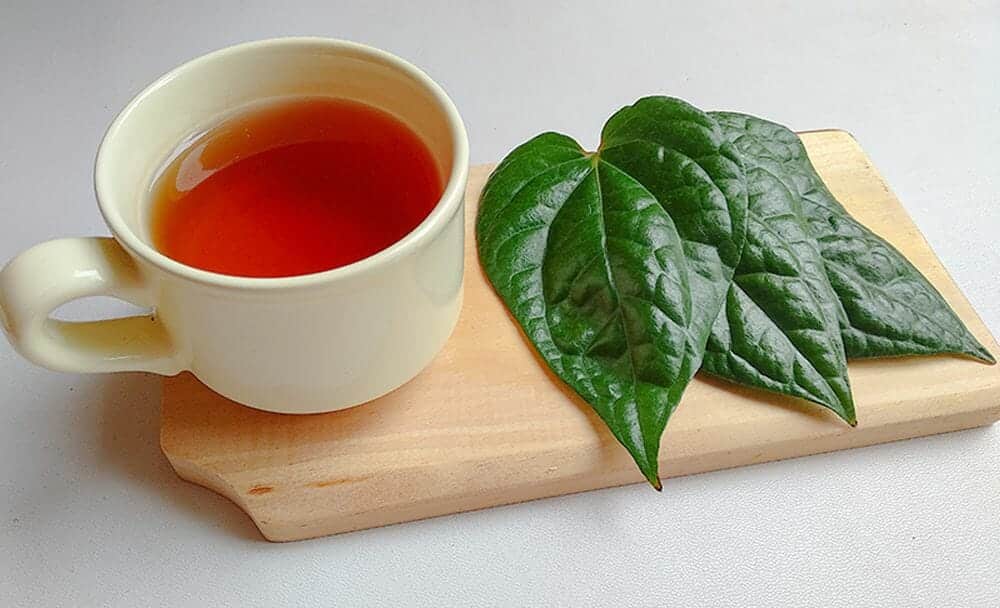
- Culinary use
Betel leaves juice benefits are many. They also get used as a wrap for other beneficial herbs and spices. In some culinary traditions, they are used to add a unique aroma and taste to salads and dishes. However, remember that using betel leaves this way will not provide the same benefits as consumed directly.
What are the side effects of betel leaf?
While betel leaf boasts many health benefits, knowing its potential side effects is essential. Responsible consumption is crucial to safeguarding your wellbeing. Here are some key points to consider. [2] [3] [4] [5]
- Psychoactive properties
Betel leaf contains compounds that may have psychoactive effects on the brain. Chewing betel quids, often including areca nuts, can lead to a mild stimulant effect. It causes a feeling of alertness and energy. However, this can also result in unwanted side effects, especially when consumed excessively.
- Impact on the central nervous system
Due to its psychoactive nature, excessive betel leaf and betel quids consumption can negatively affect the central nervous system. It can lead to dizziness and confusion.
- Risk of mouth and esophageal cancer
Chewing betel quids, when combined with areca nuts and slaked lime, can increase the risk of developing oral and esophageal cancer. The carcinogenic properties of areca nut are a primary concern in this regard.
- Oral microbiome disturbance
The frequent use of betel quids can disrupt the bacteria balance in the mouth. It can lead to an unhealthy oral microbiome and increase the risk of dental problems.
- Negative impact on pregnancy and fetal development
Betel leaf contains compounds that may be harmful during pregnancy. Chewing betel quids while pregnant can adversely affect fetal development and may increase the risk of complications during childbirth.
- Addiction and withdrawal issues
The stimulant properties of betel quids, mainly due to the presence of areca nut, can lead to addiction and withdrawal symptoms when regular consumption stops.
Ayurveda and betel leaf
Ayurveda has recognized the incredible potential of betel leaf in promoting overall well being. Within Ayurvedic practices, betel leaf, also known as “Tambul ” or “Nagavalli,” holds a revered status for its medicinal properties. In Ayurveda, betel leaf is believed to strike a harmonious balance between the “Pitta ” and “Kapha” doshas.
This green, heart-shaped leaf possesses “tikta” (bitter) and “katu” (pungent) tastes, along with light and heating qualities. These can be considered instrumental in improving digestion and metabolism. Furthermore, its mild stimulant properties can enhance mental alertness and cognitive functions.
The antimicrobial and anti-inflammatory attributes of betel leaf also make it valuable in maintaining oral health and combating bad breath. Its detoxification potential aligns with Ayurvedic principles, emphasizing the importance of eliminating toxins from the body to prevent diseases. Seeking guidance from qualified Ayurvedic practitioners ensures the safe and effective utilization to promote holistic health.
Conclusion
Betel leaf is a fascinating botanical wonder that has captured the attention of cultures and traditional medicine systems for its potential health benefits. It is essential to exercise caution and responsibility in its consumption. This is especially true when considering the possible side effects associated with betel quid usage.
Exploring alternative forms of betel leaf consumption, such as betel leaf tea or culinary applications, can provide a safer way to appreciate its cultural significance and potential health advantages. As we look at holistic wellbeing, consulting with healthcare professionals and Ayurvedic practitioners can guide us in harnessing the true potential of betel leaf health benefits.
Disclaimer
The information provided here does not mean to replace professional advice or treatment.
FAQs
1. Is it good to eat betel leaves daily?
Consuming betel leaves daily is not ideal due to potential health risks associated with regular use. It is when you use the leaves in betel quids with areca nuts and slaked lime. Moderation is crucial to avoid adverse effects.
2. When should I eat betel leaves?
There is no specific time for consuming betel leaves. However, Ayurvedic practices often recommend chewing betel quids after meals to aid digestion and improve oral hygiene. However, it is best to avoid betel quid consumption due to its association with health risks.
3. What are the two uses of betel leaf?
Betel leaf has various uses. Traditionally, people have used it as a wrap for areca nuts and other condiments in betel quids for social and cultural practices. Additionally, it helps prepare betel leaf tea, a herbal infusion with potential health benefits.
4. What is betel leaf rich in?
Betel leaf is rich in bioactive compounds and essential oils, contributing to its potential therapeutic properties.
5. What are the side effects of betel leaf?
The side effects of betel leaf may include psychoactive properties, adverse effects on the central nervous system, an increased risk of mouth and esophageal cancer, disruption of the oral microbiome, etc.
6. Is eating betel leaf harmful?
Eating betel leaf is not harmful when consumed in moderation and without the use of areca nuts and slaked lime, as done in betel quids. However, excessive consumption and chewing betel quids can lead to potential health risks, including oral cancer.
References
- Betel leaf: Revisiting the benefits of an ancient Indian herb. July 2013
- Effects of Betel chewing on the central and autonomic nervous systems. May 2001
- Paan, bidi and shisha.
- Impact of Chewing Betel Nut on the Oral Microbiome.
- Betel nut chewing during pregnancy, Madang province, Papua New Guinea. 2009




